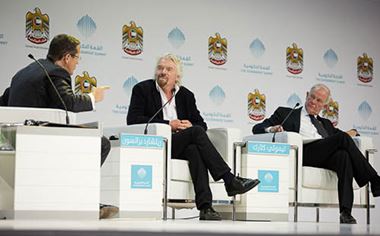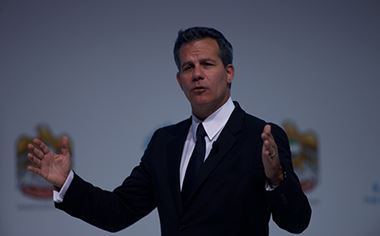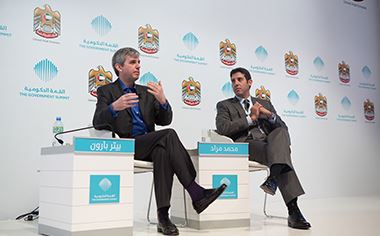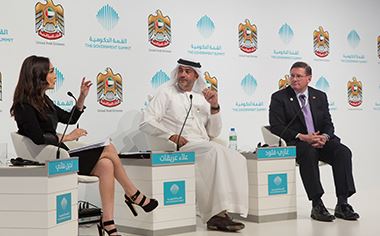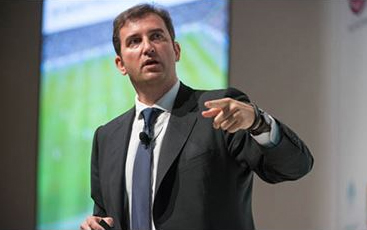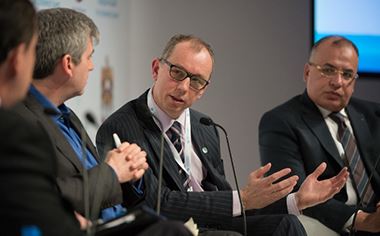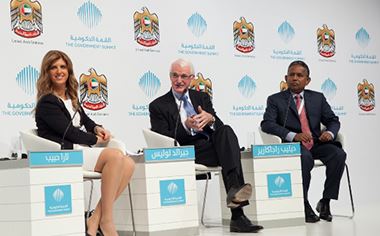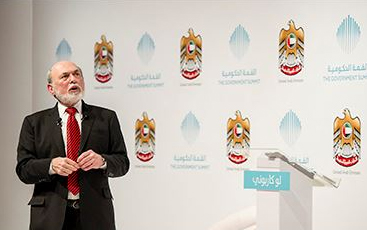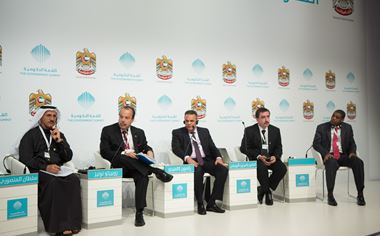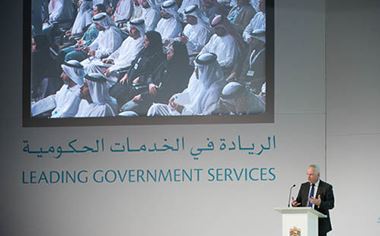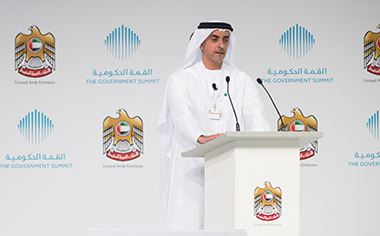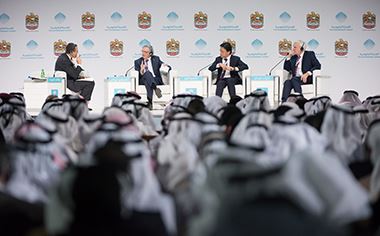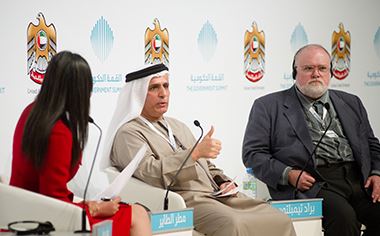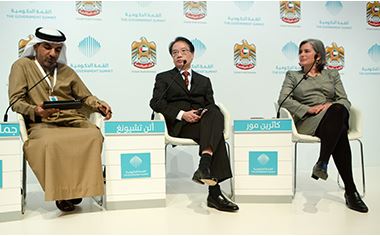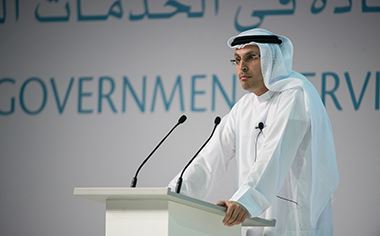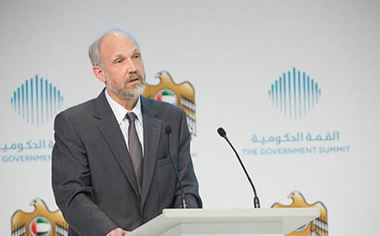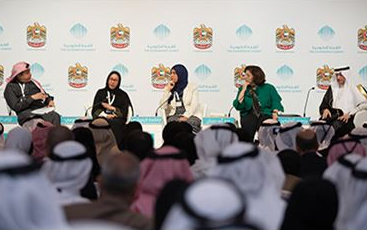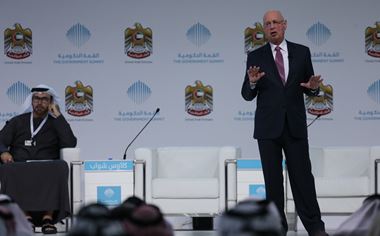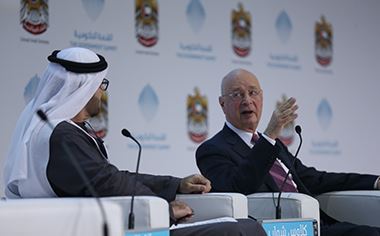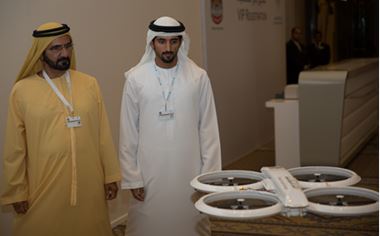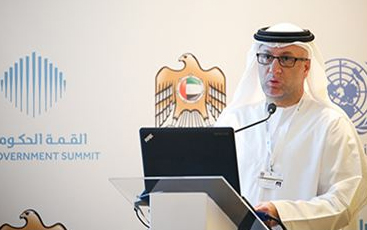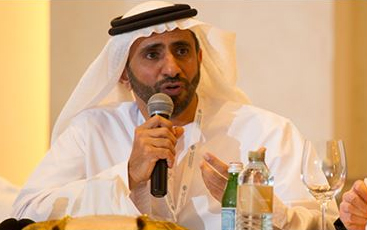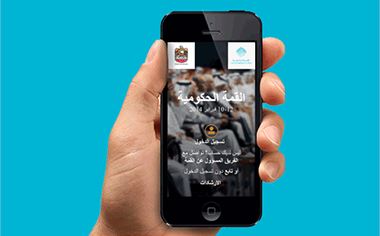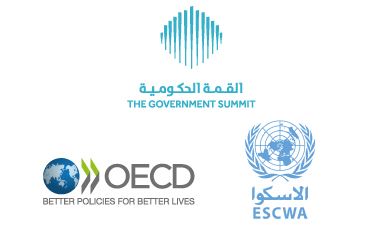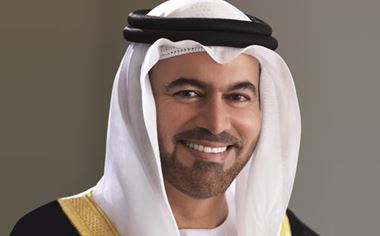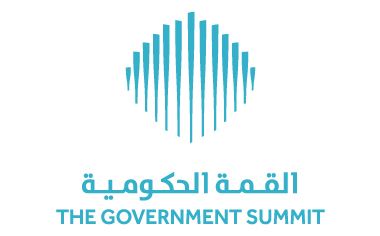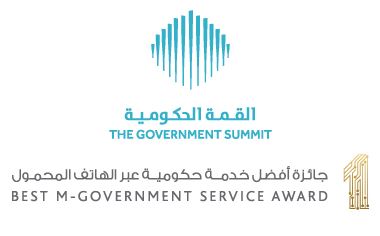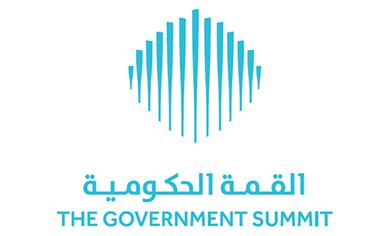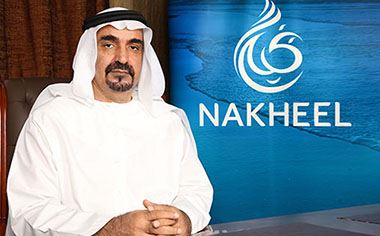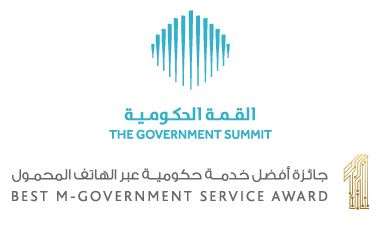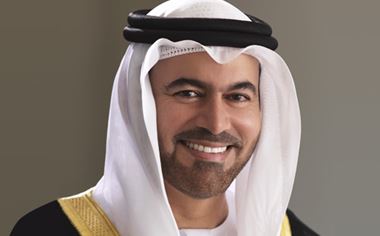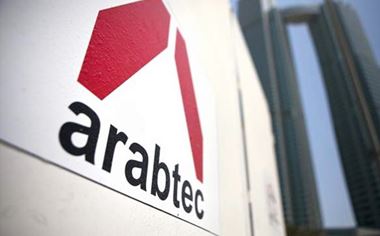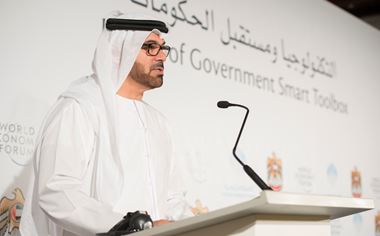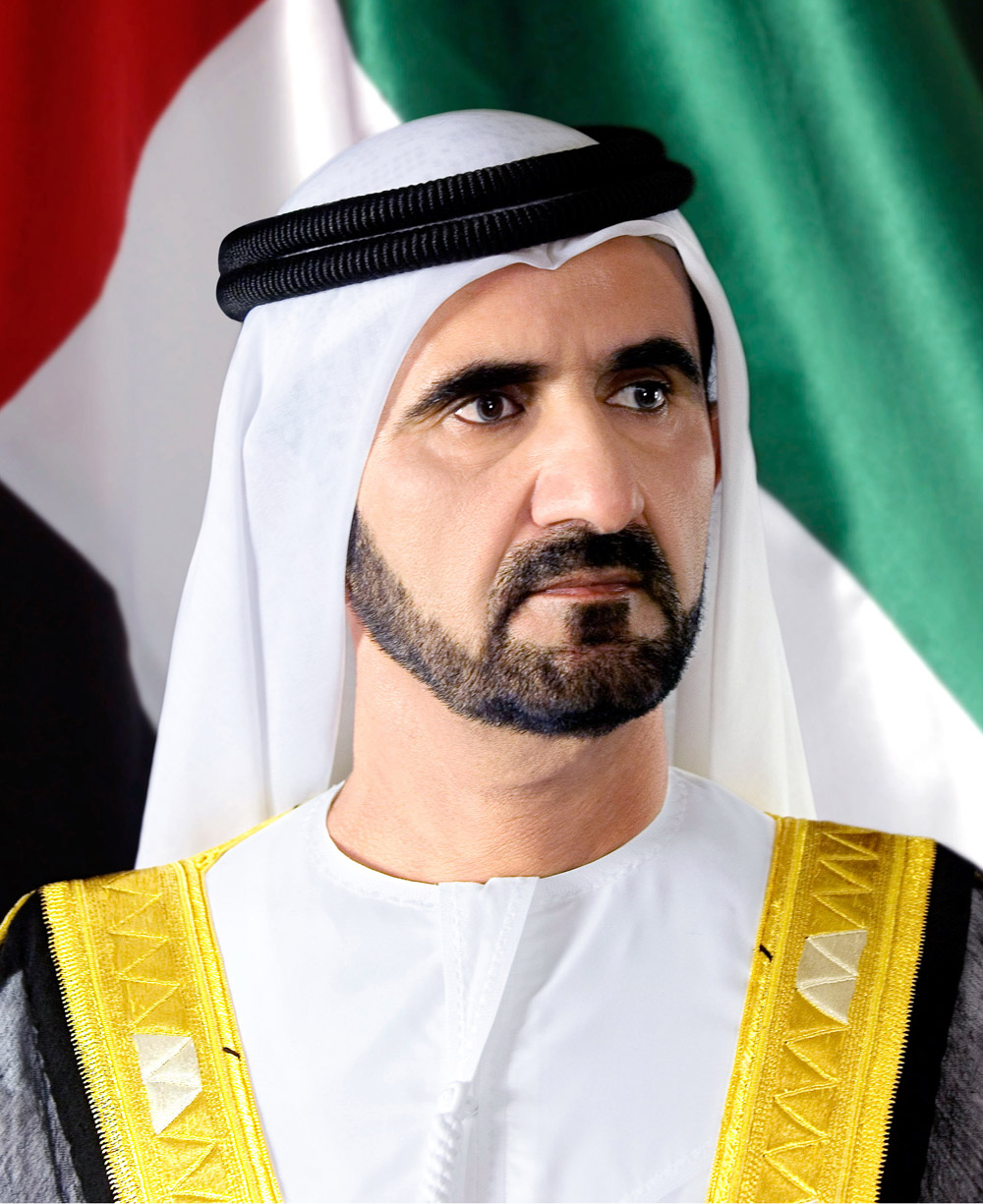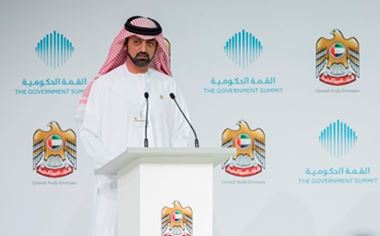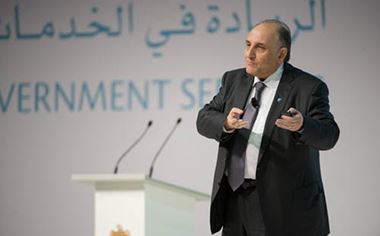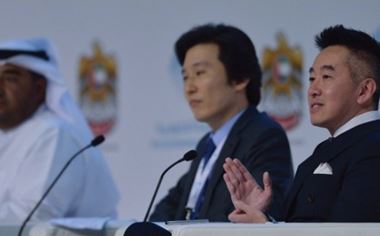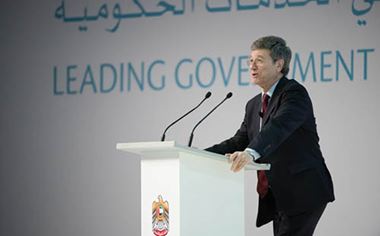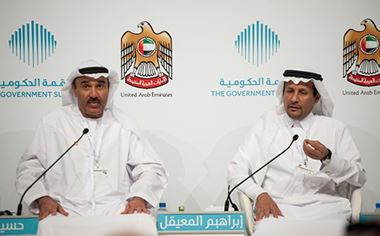Day 3 plenary smart government - government services at your fingertips
Which governments are best positioned to capture the latest advances in technology? They are indeed smart government, but how do you define ‘smart’?
Moderated by Osman Sultan, CEO of UAE telecom operator du, a session, titled ‘SMART Government – Government Services at Your Fingertips’ saw pioneers of e-government in local and national government contexts attempting to answer that very important and critical question during the final plenary on the third and final day of The Government Summit in Dubai attempted to answer that question.
Vincent Wong, the CEO of Singapore’s IDA International, noted that smart government is the next phase of government after e-Government. “It is the ability to not only digitise the government’s services, but to collaborate with the public on those services,” said Wong.
“It’s the next phase of government after e-Government,” he noted. And what it needs to have in pace, said Wong, is the infrastructure – connectivity and bandwidth. “Singapore has invested time and money in it. So has Dubai,” he noted. Smart government is transforming a host of very critical sectors, he noted, including healthcare, education and tourism. “But what’s missing in some countries is the concept of ‘no-touch’ government,” Wong said.
He said that while all the key customer touch points (smartphones, computers, etc.) were required and already there, the fact that customers have to actively engage with apps through these touch points meant that those governments were still at the e-Government stage.
“For instance, 90% of taxpayers file tax online in Singapore,” Wong said, adding that they no longer need to actively log on to any website for doing so. “That no-touch government for me is smart government,” he explained.
HE Rashed Lahej Al Mansoori, Director-General of Abu Dhabi Systems and Information Centre, noted that the UAE has out in place the infrastructure necessary to provide e-Services to all citizens and residents. He noted that all ministries and government bodies in Abu Dhabi and the UAE in general now provide their services in the ‘smart’ way.
Further, HE Al Mansoori highlighted the need for such apps and services to keep pace with changing needs of citizens and residents. He noted that the Abu Dhabi electronic portal provides all Government 2.0 services through smartphones, and the apps help meet the needs of people with more than 1,200 services.
On his part, Dr. Jeongwan Yoon, Executive Director at the National Information Agency, South Korea, said there was a big difference between ordinary governments and smart governments. “Ordinary governments handle what you need,” he said. “Smart governments know what you want, and that’s the biggest difference,” he summarised.
He highlighted how South Korea is taking the lead in providing its citizens with what he termed as ‘hyper-connectivity’. “We’ll provide 1 GB per second bandwidth to all households by 2017.” This will grow to 10 GB per second by 2020, he said, adding that South Korea will be investing $1.8 billion in 2014 in this project.
He noted that an increasing amount of bandwidth will be needed in the future for all the content on Ultra HD TVs, Internet of things, etc. For reference, 1GB of data can hold data equivalent to 20 consecutive years of streaming of high quality HDTV content.
Yoon noted that the country is gearing up for providing 100% 5G mobile coverage by 2020. “We will invest $1.6bn this year to commercialise 5G service,” he said. In addition, South Korea will be investing $6.7 billion this year for mobile services in both private and public sectors.
In addition, it will open public data to public, and facilitate private use of data. “By opening up the data use, you can converge services,” he said. “Big data analysis and analytics is the next pillar. Big data helps analyse data to come up with something that can have an impact on the economy,” Yoon noted.
He said South Korea reckons big data will have a $4bn impact on the country’s economy by 2020. “By 2020, the world will be adding 35 GB of data every year,” he said.
Government 3.0 will be using all these services, he noted. While Government 1.0 provided services, and Government 2.0 means collaboration, Government 3.0 will be about analysing data and predicting needs, he pointed out.
“By 2020, the Internet of things will connect 7 trillion devices,” Yoon reckoned.
Commenting on what is the fundamental requirement for achieving Smart Government in the UAE, HE Mohammed Nasser Al Ghanim, Director General of Telecommunications Regulatory Authority (UAE), said that the primary basis for smart government is collaboration between governments and bodies at federal and local levels.
“The first wave was the electronic wave, and that was developed,” Al Ghanim said. “Concerning smart government, we need another perspective,” he said. “HH [Sheikh Mohammed bin Rashid Al Maktoum, Vice-President and Prime Minister of the UAE, and Ruler of Dubai] launched smart government,” he said, which is the next wave.
He explained that the UAE undertook a survey of what were the most important services that citizens and residents were looking for online, and then provided them through the digital platform. He said that the government is adding to this platform and all services will be eventually offered through smart phones by the deadline that has been set in this regard.
The session also explored the potential and implications that SMART government will have on citizen happiness and quality of life.
IDA’s Wong defined happiness as reality minus expectations. (Happiness = Reality – expectations). He highlighted that “a good and efficient government is a prerequisite for smart government.” Giving an example for this, he said that it’ll be great if we have world-class apps and analytics that are able to tell us when the next bus is going to come to the bust stop we’re waiting at, and how many seats will be available on it, etc. But if the app tells us that the bus will be arriving in three hours, we won’t be happy even if the app and the info we are getting is accurate. Without a good government, therefore, smart government will be meaningless, he said.
In addition, he noted that while populations adapt to the new technology on offer, there remain a section of people, especially the silver generation, who will not be so familiar with the new technology. He called this the digital divide, and stressed that this section needs to be addressed too. “Going ‘e’ or going ‘m’ is inevitable,” he said. The future is digital by default, he quoted another speaker at the summit.
He recommended that governments depend on the next generation – the students – to educate and assist the silver generation in taking advantage of the digital services.
HE Al Mansoori, on his part, recommended that “listening to complaints and opinions is very important.” He highlighted the government’s keenness on knowing citizens’ and residents’ opinion and observations, and pointed out that Abu Dhabi had launched the CityGuard app with the same objective.
“What’s next today?” he asked. “We are listening to the client. It’s important to everyone in this hall. We provided solutions,” he said, adding that the openness of idea-flow and opinion-flow between citizens and the government in the UAE resulted in swiftness in providing solutions.
South Korea’s Dr. Jeongwan Yoon was asked why South Korea was making the huge investments in IT. He said, “I asked myself – Why is the UAE hosting this summit?’ His Highness [Sheikh Mohammed bin Rashid Al Maktoum, Vice-President and Prime Minister of the UAE, and Ruler of Dubai] is leading a very important initiative for the UAE. HH and you are paving the way for your next generation – not for yourself,” he noted.
That is what South Korea is also doing, he said. “In 1961, we were the second poorest nation in the world. Now, we are the 13th largest economy. We are not going back ever. We were clear from the beginning that ICT was going to be key,” he said.
Each year, S. Korea exports $500 bn worth of products and services. Of that, $170 bn comes from ICT,” he said. “That’s why we are spending so much on it. If we have hyper connectivity, international electronic majors like Samsung and Sony can test their devices first in South Korea, and that will help us maintain our technological edge,” he explained.
He added that, worldwide, the volume of ecommerce is growing. “You don’t need to visit a shopping mall anymore. Last year, during Black Friday sale in the US, Nordstrom assigned special call centre for Korean customers. That’s because we have advanced infrastructure and therefore demand from Korean customers is huge. That’s how the world is developing,” he said.
“The complete opening up of big data will have more than $20bn impact on Koran economy and create 150,000 jobs,” he said. “But to get there, we have to overcome complicated obstacles. And that’s our job,” he said.
TRA’s Al Mohammed Ghanim concluded by listing out the two most important challenges facing the evolution of smart government today. The first, he noted, was identifying and delivering the services that would make the government’s customers – citizens and residents – happy, and the second was data security and privacy. He said that, internationally, hackers have been able to infiltrate global systems and steal personal and critical data. He noted that it was the app developers’ responsibility to develop secure apps that did not leave any flaws or loopholes for such people to exploit.
